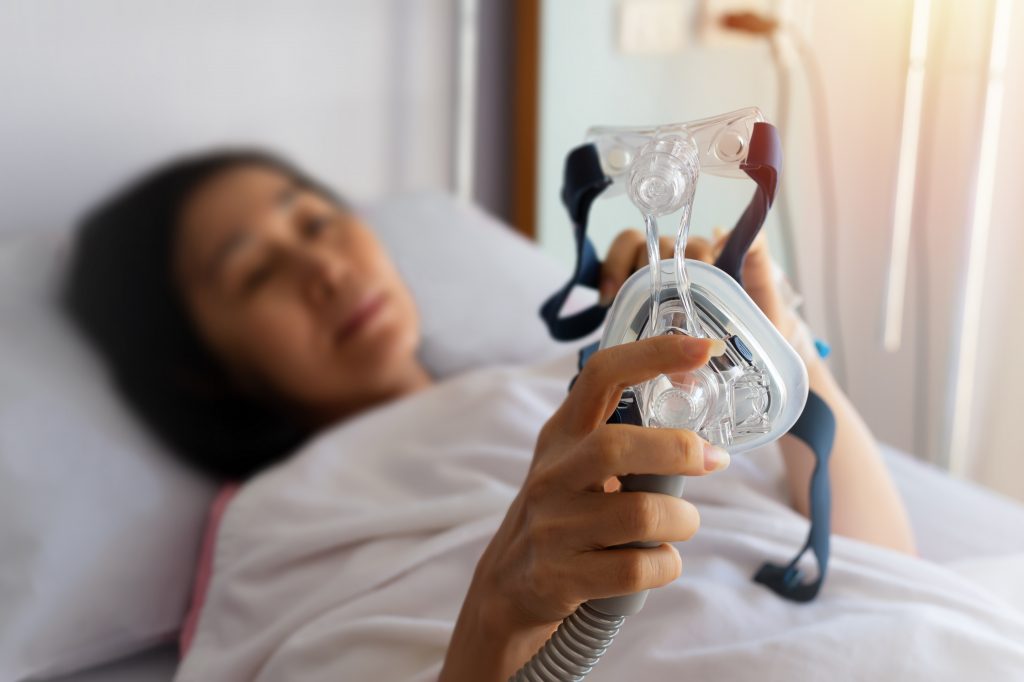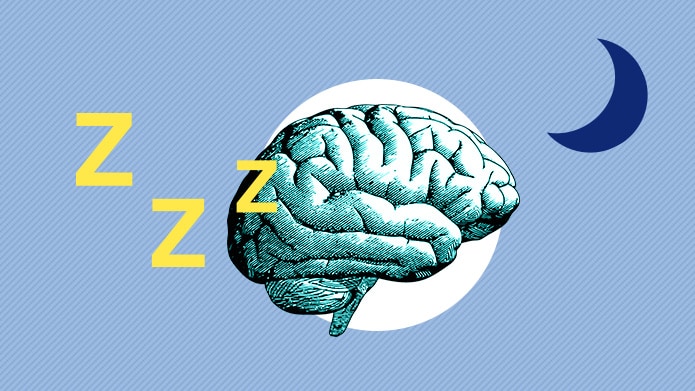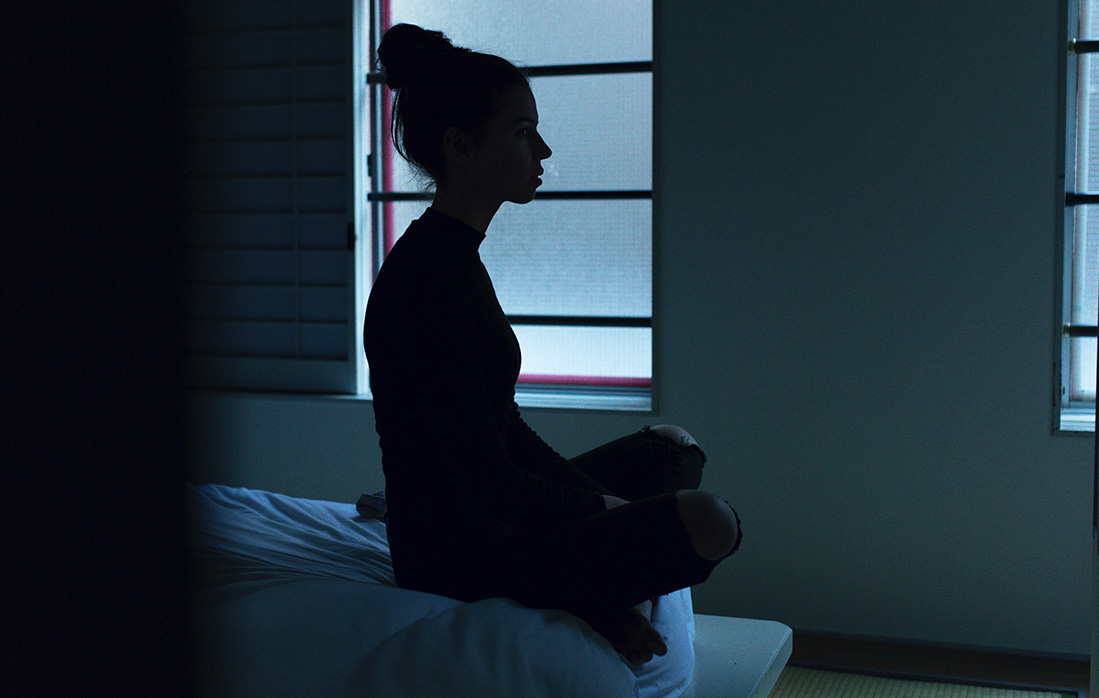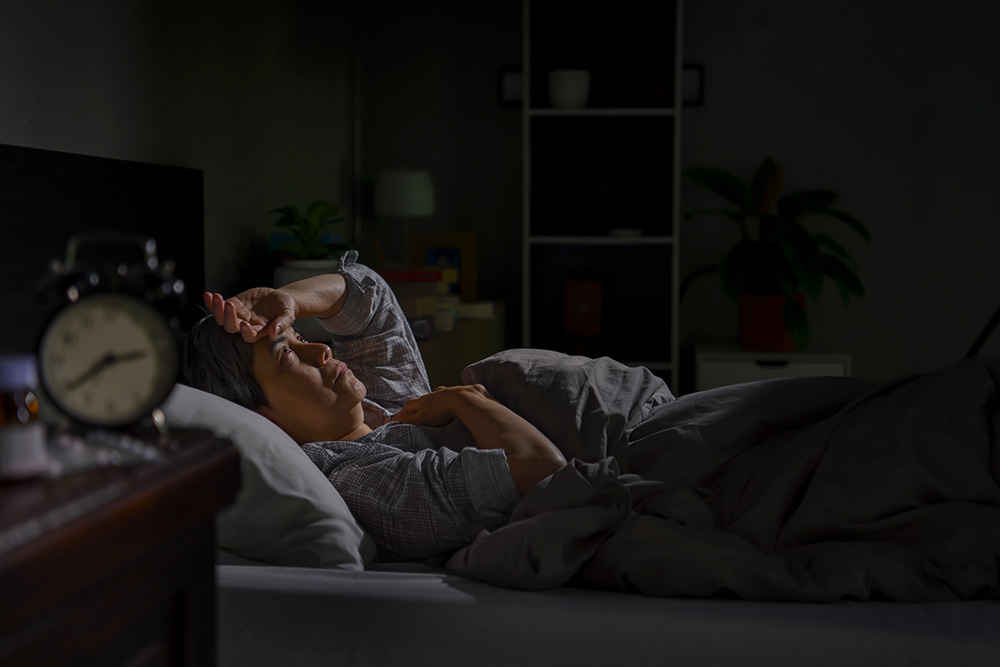
It’s one of the most dreaded conditions some face as they age — dementia. Yet, more research than ever is digging into the potential causes, and even the changes we can make to try to decrease our risk for the condition. This includes sleep, a vital function for our brain health through our golden years.
Given this, researchers at Michigan Medicine conducted a recent study with 18,815 participants, including men and women. They didn’t have dementia when the study began, and they were all ages 50 and up. (1) Participants had “known” or “suspected” they had Obstructive Sleep Apnea (OSA), a condition in which people stop breathing for periods of time while sleeping. By the end of the 10-year study, 9 percent of women and 8 percent of men met the criteria for dementia. Those with OSA had a higher rate of dementia for both men and women, but it was more common in women.
For those with OSA, the risk of dementia by age 80 was 4.7 percent higher for women and 2.5 percent higher for men. Researchers shared in an interview with Yahoo that they think the difference between the two groups could come down to one major hormonal life change — menopause. They shared that the decrease in estrogen impacts the brain, and causes symptoms like mood shifts, along with memory and sleep issues that can be related to cognitive decline. All of this is compounded by the fact that menopause and post-menopausal time periods also come with an increased risk of OSA. (2)
So, for women hoping to minimize their dementia risk, in spite of the fact that every woman goes through menopause, what’s in their control? That can be a complicated answer, because it’s a big of a chicken and the egg situation. Menopause can lead to disrupted sleep as women navigate symptoms like hot flashes, night sweats, and circadian rhythm issues. An additional concern is potential weight gain with menopause, which is a risk factor for OSA. And, as the study pointed to, that can increase dementia risk. But, there are still factors in women’s control to reduce the risk of OSA, alleviate the menopausal impact, and maintain strong brain health, including:
- Keep your body active, with regular exercise such as walking, swimming, dancing, pickleball, golf, or other options.
- Maintain consistent and strong sleep hygiene practices, including minimizing screen use in the hours before bed, stopping caffeine consumption earlier in the day, avoiding big meals, and strenuous exercise before bed.
- Keep open communication with your healthcare providers about your menopause symptoms and hormonal changes, and discuss options for mitigating negative impacts of menopause.
- Prioritize mental health, including addressing potential conditions such as depression or anxiety.
- Watch for warning signs and symptoms of OSA, and promptly bring those up to your general physician or sleep doctor, including snoring, daytime exhaustion, and others.
- Monitor and treat blood pressure issues, which can contribute to dementia risk.
As with any study, remember it’s just one marker of a potential risk increase, and doesn’t guarantee you will have dementia if you have OSA in any way. Instead, it can alert you and medical professionals to the potential connection between sleep, OSA, and dementia, so you can work to live as healthily as possible.

Could Frequent Nightmares Predict Your Risk For Dementia?

Experts Are Rethinking the Idea That Sleep “Washes” Out Your Brain: Here’s Why

New Study Suggests Eliminating Sleep Disturbances Could Help Fight Against Alzheimer’s

Sleep and Aging
Sources
1. Tiffany J Braley, Xiru Lyu, Galit Levi Dunietz, Paul C Schulz, Riley Bove, Ronald D Chervin, Henry L Paulson, Kerby Shedden, Sex-specific dementia risk in known or suspected obstructive sleep apnea: A 10-year longitudinal population-based study, SLEEP Advances, 2024;, zpae077, https://doi.org/10.1093/sleepadvances/zpae077
2. Krüger M, Obst A, Ittermann T, Bernhardt O, Ivanovska T, Zygmunt M, Ewert R, Fietze I, Penzel T, Biffar R, Daboul A. Menopause Is Associated with Obstructive Sleep Apnea in a Population-Based Sample from Mecklenburg-Western Pomerania, Germany. J Clin Med. 2023 Mar 7;12(6):2101. doi: 10.3390/jcm12062101. PMID: 36983104; PMCID: PMC10052671.